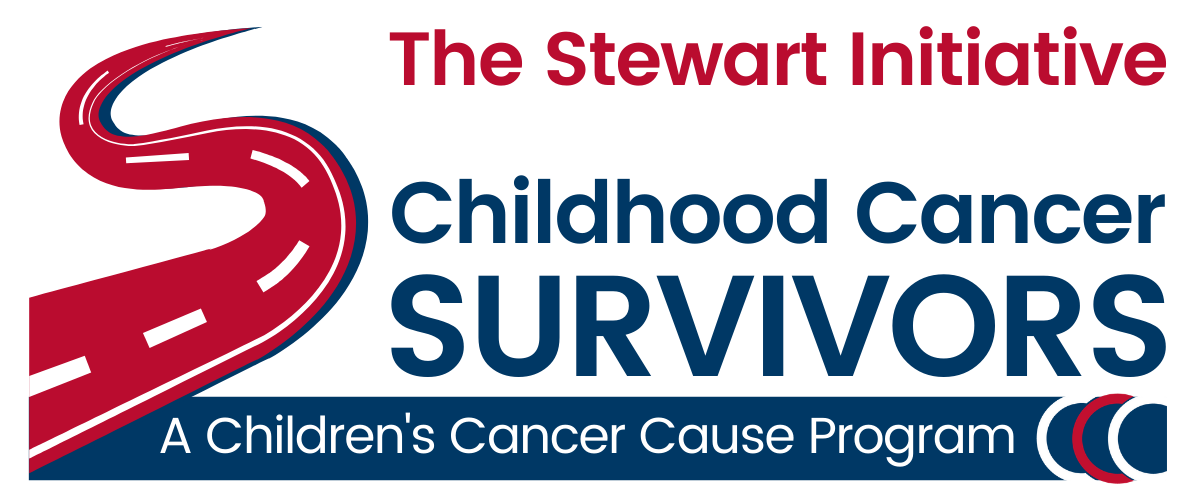“I want to remind everyone that taking moments for self-care is so important. It cannot be understated. Whether it's making time for exercise, or just to walk in the woods, or spending time with family. Meditation, yoga, whatever you need to do.”
- Dr. Monica Gramatges, Associate Section Chief and Co-Director of the Long-Term Survivor Program at Texas Children’s Cancer and Hematology Centers
There’s naturally a lot of overlap between self-care and a healthy lifestyle. Our healthy lifestyle section is next up and offers tips on things like eating well and getting enough exercise. But self-care goes beyond the physical, so this section focuses on mental well-being.
Prioritize relaxation.
Whether it’s setting aside time to get lost in a novel, soak in a bubble bath, or meditate to your favorite music, it’s so important to have at least a few minutes in your day where your mind and body can take a break. Interested in yoga? Check out this Triage Cancer video on Restorative Yoga for Stress Relief. Elephants and Tea also offers guided yoga and meditation as a virtual class: Check their event schedule.
Mindfulness matters.
For some of us, self-care is about keeping the right frame of mind. Maybe that means practicing gratitude by thinking of something specific in your life or in your day that you’re feeling thankful for or that brings you joy. Or at the end of the day, try to think about all the things you did accomplish instead of the things still left on your to-do list.
Learn to say no.
None of us can be everything to everyone. Know your goals and your priorities, and remind yourself of them often. What can wait until later? What doesn’t need to happen at all? When do you need to stop taking on new commitments?
Get a handle on the chaos.
If you're feeling overwhelmed with your calendar, tax season, or managing the everyday stuff like chores and bills, Triage Cancer has a webinar on “Getting Organized” that covers practical tips for better organization, including an overview of some available tools and apps that can help. Many people find that “the chaos” builds up during the holiday season. If that sounds familiar, check out this Triage Cancer webinar on caring for yourself during the holidays.
Seek support.
This 2023 study finds that young adult survivors of childhood cancers are at an elevated risk of loneliness, which can be linked to new-onset chronic health conditions, more risky behaviors like smoking and alcohol consumption, and an increased risk of depression and anxiety. Visit the Elephants and Tea programs page to find opportunities to engage online with other young adult survivors, including virtual happy hours and support groups. And visit our Connect page to find other resources both online and in-person for making connections with other survivors.
Self-care is individual to you.
“Everyone has their own menu of self-care practices,” says Dr. Gramatges. “You know what works for you. I would encourage every person to be mindful of their own needs.”
But what if you don’t know what works for you? If you think that no matter what you try, you’re always stressed out and overwhelmed, try journaling for a couple of weeks. Record what you eat, how much you sleep, and what types of physical activity you’re doing. How are you relaxing and how are you being social? How do you feel at the beginning of the day, the middle, and the end? Did you get outside at all? See if you can start to spot patterns — and perhaps share your journal with a trusted friend who might see something that you’re missing. You might learn something new about yourself!
Self-care doesn’t cure mental disorders.
There are certainly things we can do to help lessen anxiety and improve our mood but always remember that there’s no shame in needing help from your healthcare team. Self-care isn’t the same as medical treatment for mental illness. And if you try our tip above about journaling, you’ll find this to be a really valuable tool if you do need to work with a mental health specialist for extra support.
